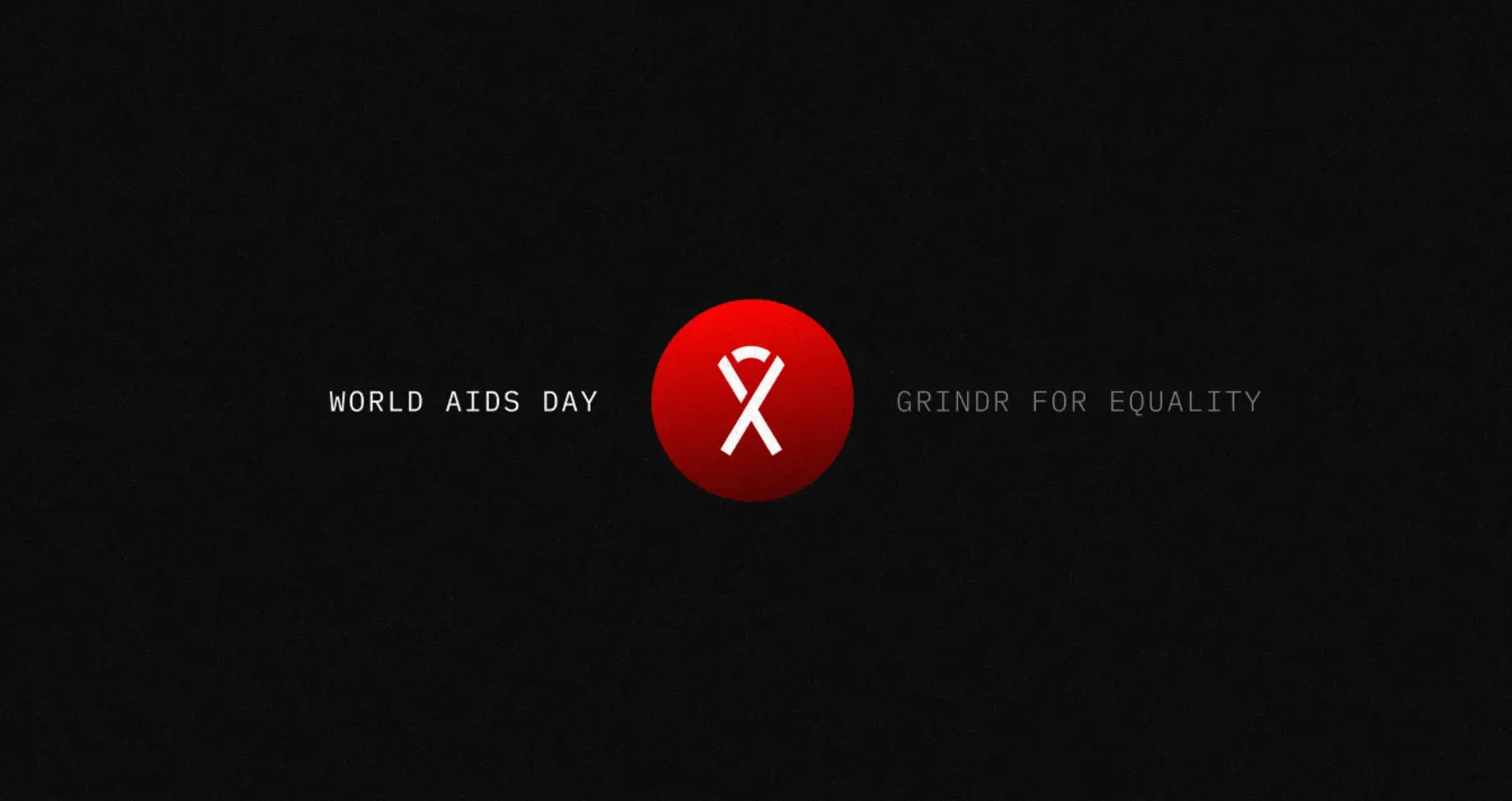More Inclusive Healthcare


At Grindr, we believe all companies, including health insurance companies, should move to an informed consent model for all gender-affirming care. It’s the human thing to do.
We’re thrilled to announce that we’ve partnered with Level, FOLX, and Included Health to provide more holistic and inclusive healthcare options for our employees, with specific focus on gender affirmation assistance for our trans, non-binary, and gender non-conforming employees. We hope we can work with other companies to help them follow suit.
Members of the LGBTQ+ community have much lower participation in the healthcare system than straight people because it’s often hard to find medical providers who are both compassionate and competent in issues they typically face. Queer people are 3x more likely to avoid care; 50% less likely to get the prescriptions they need; and 29% of trans people surveyed by the Center for American Progress reported being refused medical care because of their actual or perceived gender identity.
We wanted to make sure that our employees have best-in-class healthcare and keep them from being one of these statistics, which is why we made some changes. But first, some more about the issue.
Tackling the healthcare issue for trans, non-binary, and gender non-conforming employees
While some insurance companies say they offer gender affirmation assistance, access to that assistance often comes with so many hurdles that many people give up. Some pioneering companies created their own programs, which was a big step in the right direction. Many of those plans adopted the WPATH Standards of Care (last updated 2012), which are outlined in a 120-page document. While assuredly well-intended in their creation, the application of these standards can make it very difficult, and often harmful, for some trans employees to access care. At Grindr, we are strong supporters of the informed consent model for adults, and that is how we have set up our program.
For example, when following the WPATH standards, trans people seeking genital surgery are required to see two different and independent mental health providers. They usually have to complete multiple sessions with both providers before the providers will attest to their gender identity. No CisHet person has to go through such a process before accessing care.
In talking to employees about the process, one described it like this: “They ask you to tell them how you feel, and you tell them something like, ‘I feel I would be happier as the other gender’ and they write that down and charge you hundreds or thousands of dollars over multiple sessions before they will send that note to your doctor. Obtaining this note often requires you to conform to the provider’s idea of a 'man' or 'woman' to get them to believe you.” In this case, the patient is trying to placate their providers and ease the providers’ mind instead of the other way around. This role reversal can be actively harmful.
Being transgender, non-binary, or gender non-conforming does not affect people’s ability to make sound medical decisions. For people who are queer, there should be no more barriers to care than there are for CisHet people.
The good news is that there are providers coming into the space that want to help companies figure this out.
Our Plan
Our first step was to get our LGBTQIA+ employees and their dependents back into the healthcare system. Included Health provides, among other things, a concierge service to help employees and their dependents find providers who are both competent in their field and compassionate towards members of the queer community. People who feel confident in and comfortable with their providers are more likely to get the care they need.
Our second step was to address our employees’ reported difficulty getting hormone therapy. Most traditional insurance plans require monthly coordination between one’s doctor, pharmacist, and the insurance company to approve a prescription. Any lapse or delay in this coordination can cause a disruption to an employee’s hormone therapy, which can have a number of negative consequences. Our employees reported that these disruptions to care happened more often than not, so we partnered with FOLX to facilitate the delivery of hormone therapies without requiring monthly coordination between one’s doctor, pharmacist, and the insurance company.
We then worked to understand the broader scope of assistance people need on their gender affirmation journey. Through conversations with employees combined with research, we created a list of the assistance employees typically need. We found the types of affirming support fell into three buckets: social (e.g. vocal training, hair removal, wardrobe support), legal (e.g. changing names on government documents), and surgical.
We partnered with Level, who administers our perks, to determine how to construct and administer the gender affirmation offering. Level has been an incredibly helpful guide for us through these uncharted waters and we are so grateful for their commitment to helping us bring this offering to fruition. All three of our partners – Included Health, FOLX, and Level – were key to pulling this all together.
Grindr's program is funded to cover 90% of all of those costs. This money will be taxed as income. If an employee elects, we will "gross-up" the money to cover the taxes. The gross-up comes with a one-year retention agreement. If the employee does not opt for the gross-up, there is no retention requirement to access this assistance.
Again: we believe that all companies, including the insurance companies, should move to an informed consent model for gender-affirming care. If you’d like more information on how we created our plan, please reach out to [email protected]. The time is now to make healthcare inclusive for everyone.
-Heidi Schriefer, VP of People & Places | LinkedIn
{{video-inline-cta}}









.gif)
.webp)


.webp)
.webp)










